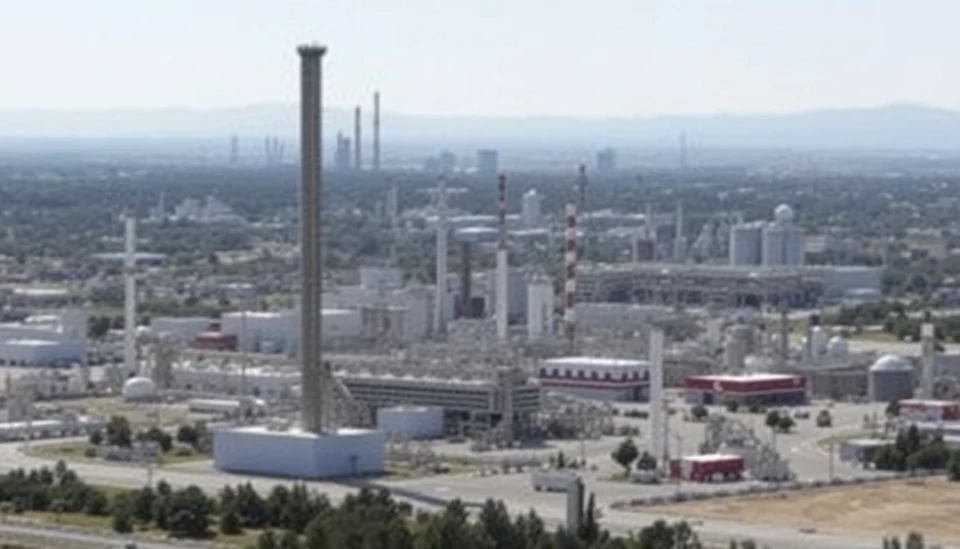
California's Fuels Crisis: A Deep Dive into the Shrinking Refinery Landscape
The California fuel industry is facing significant challenges as the state's refining capacity continues to dwindle. New data reveals that California is on track to become more reliant on external fuel sources, stirring concerns about supply stability and economic implications for consumers in the region. With a series of recent refinery closures and production slowdowns, experts are predicting potential fuel shortages that could affect both prices and availability in the near future.
Continue reading
Trump Signs Executive Order to Shield Big Oil from State Emission Penalties
In a significant move that could reshape environmental regulations, former President Donald Trump has signed a new executive order aimed at protecting major oil companies from state-imposed fines related to greenhouse gas emissions. This decision has generated considerable debate among environmentalists, legal experts, and industry leaders alike, as it rolls back regulations that many argue are essential for combatting climate change.
Continue reading
EPA Paves the Way for Air Pollution Exemptions via E-Mail: A New Era of Regulatory Flexibility
In a significant shift in environmental regulatory practices, the Environmental Protection Agency (EPA) has recently announced a new initiative that allows businesses to obtain exemptions from air pollution standards through a streamlined electronic process. This move aims to simplify the compliance procedures for various industries while maintaining the essential goals of air quality and public health protection.
Continue reading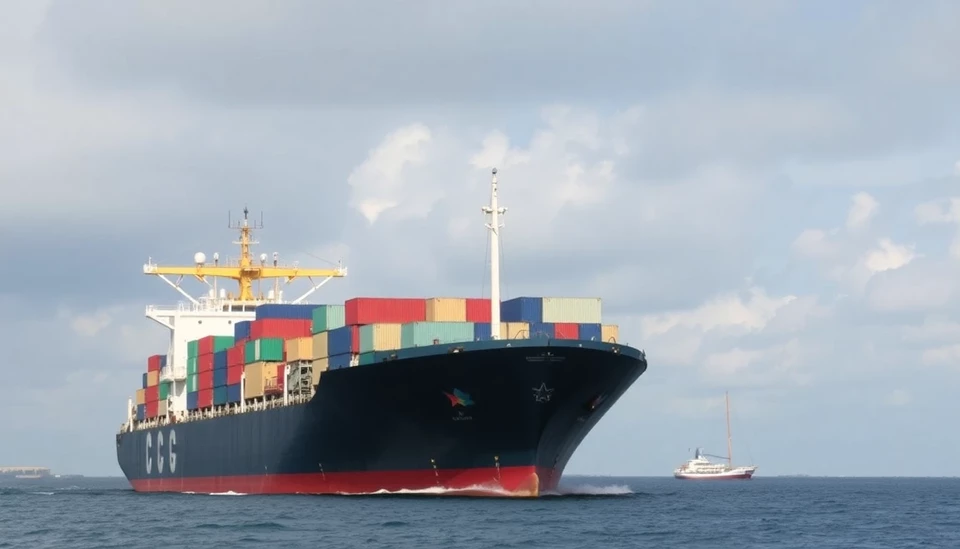
Caribbean Nations Express Concerns Over Fines Impacting China-Made Vessels
The Caribbean region is currently facing significant apprehension regarding the potential repercussions of hefty fines imposed on vessels manufactured in China. Local governments are particularly worried about how these penalties might affect their shipping industries and overall maritime trade.
Continue reading
EPA Set to Reassess Foundation of U.S. Climate Change Regulations
The Environmental Protection Agency (EPA) is embarking on a significant reassessment of the legal underpinnings of several key climate change regulations. This move comes in the wake of evolving scientific understanding and political shifts, prompting the agency to take a closer look at how it enforces rules aimed at reducing greenhouse gas emissions.
Continue reading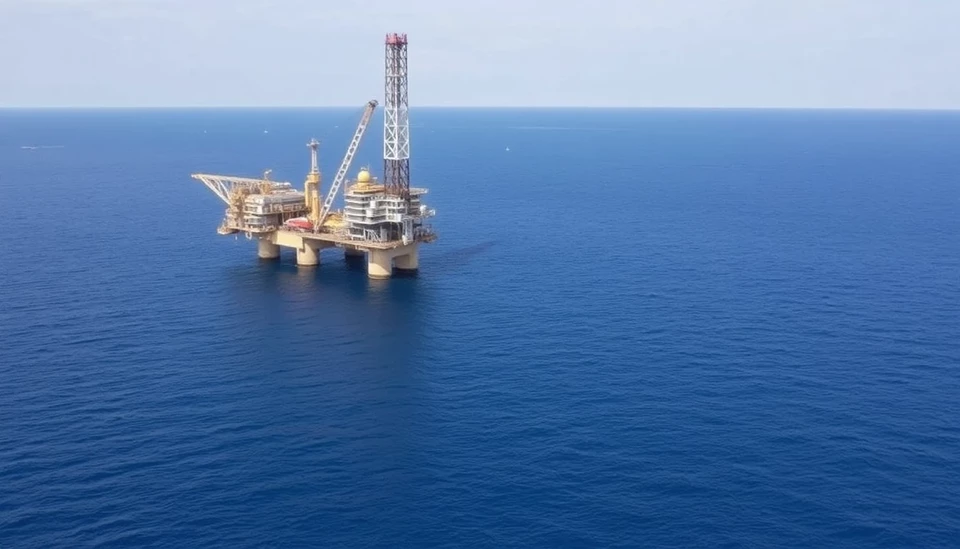
Brazil's Offshore Oil Industry Faces Regulatory Crackdown: A Deep Dive
In a significant shift for Brazil's offshore oil sector, the country's regulatory body has initiated a series of heightened inspections and stringent regulations aimed at drilling operations. This move comes amid concerns over environmental safety and operational compliance, leading to a stricter oversight regime that is impacting companies engaged in oil extraction in the region.
Continue reading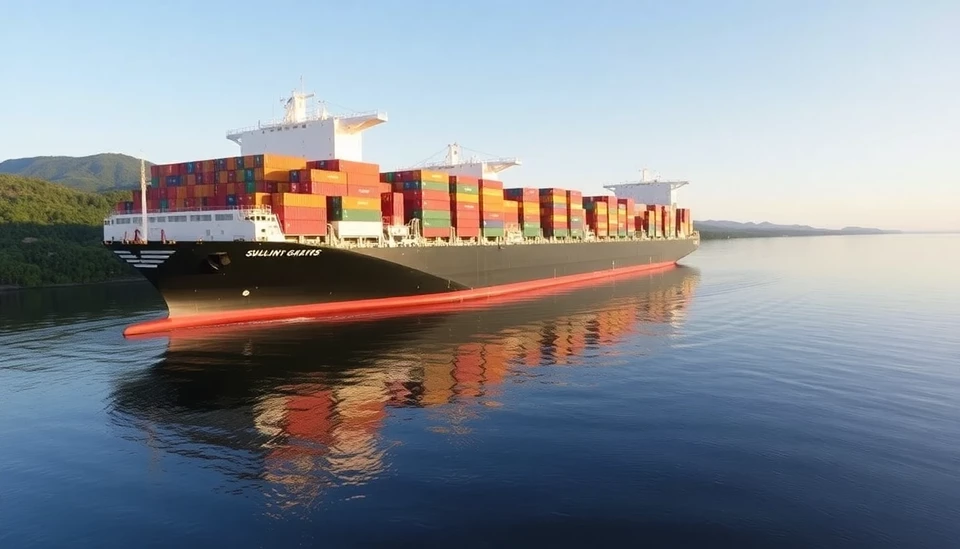
Shipping Giants Push for Alternatives to Biofuels in Environmental Initiatives
In a significant development within the maritime industry, leading shipping companies have expressed concerns over the proposed reliance on biofuels in ongoing efforts to enhance sustainability and reduce carbon emissions. This rising discontent comes as the International Maritime Organization (IMO) and other regulatory bodies lay the groundwork for more stringent environmental protocols. The shipping giants are advocating for a low-emission strategy that seeks alternatives to biofuels, which they believe may not live up to the lofty expectations set by the IMO.
Continue reading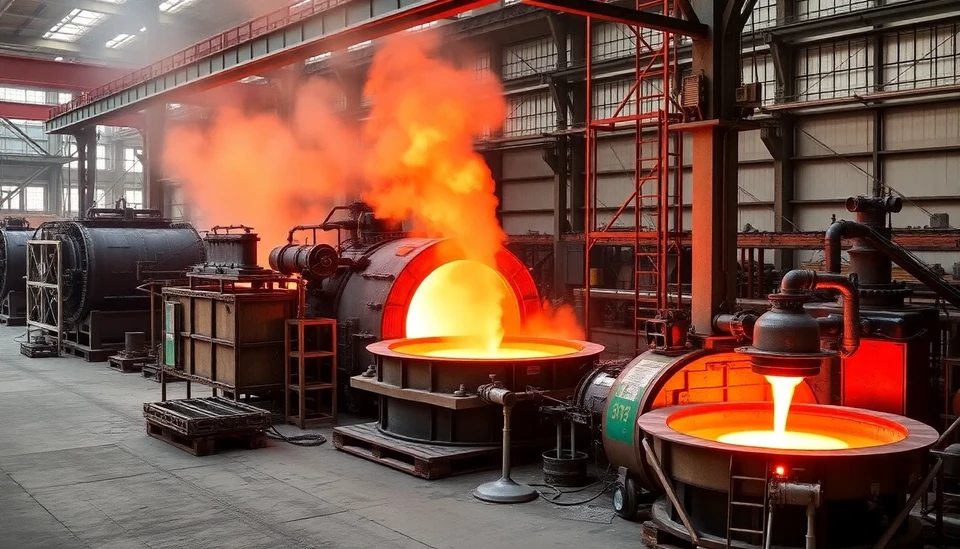
China's Copper Smelting Growth Moderates: Industry Adaptation or Slowdown?
In a significant shift for the global copper market, China has tempered its copper smelting expansion amid evolving economic dynamics. This change marks a notable deviation from the unprecedented growth that defined the past several years, reflecting a more cautious approach as the industry grapples with fluctuating demand and environmental regulations.
Continue reading
Trump's Strategic Move Against California's Gasoline Car Ban
Former President Donald Trump is making headlines once again as he actively seeks to outmaneuver the state of California regarding its controversial ban on gasoline-powered vehicles. This action comes amid California's aggressive measures aimed at combating climate change, which notably include the proposed ban on the sale of new gasoline cars by 2035. Trump, who has consistently positioned himself as a proponent of traditional energy sources, is presenting an alternative narrative that is quickly gaining traction among certain segments of the population.
Continue reading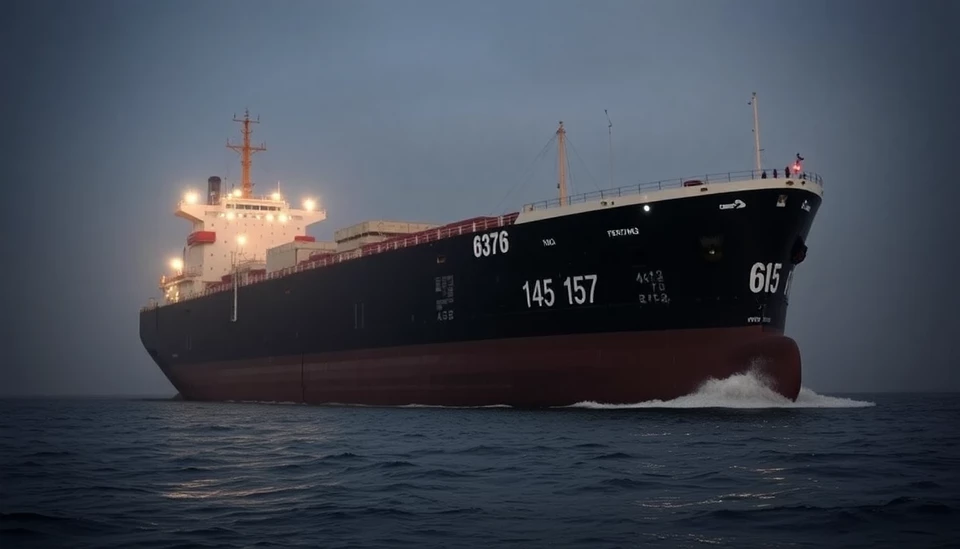
Historic Supertanker Set for Scrap: The Dark Side of Maritime Industry
In an unprecedented development in the maritime industry, the first supertanker destined for scrapping in two years is making headlines. The vessel, known for its striking history, is being hailed as a “dark ship” due to its opaque ownership and dubious operational practices. This situation is raising significant concerns about regulatory practices and the environmental implications that come with the dismantling of such enormous ships.
Continue reading